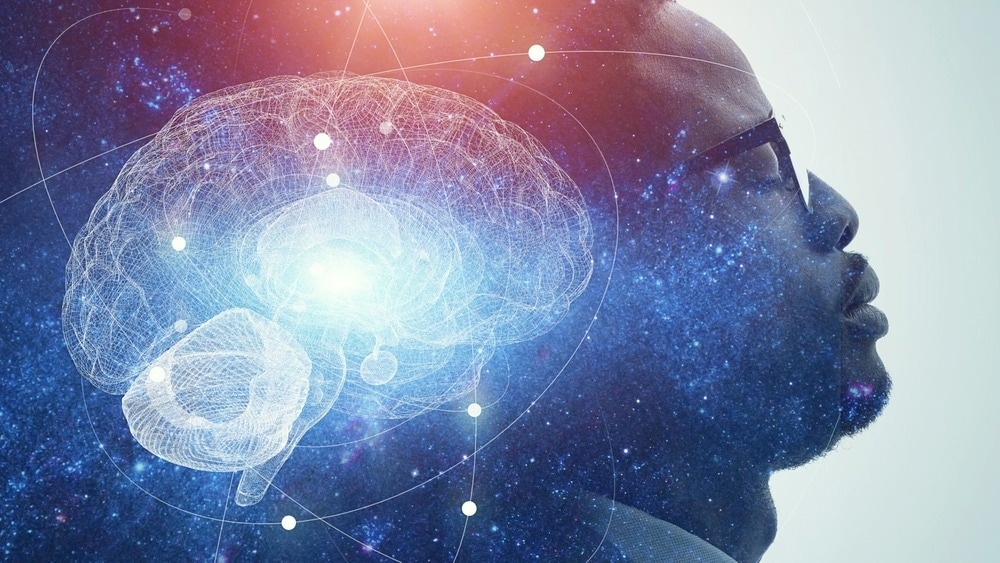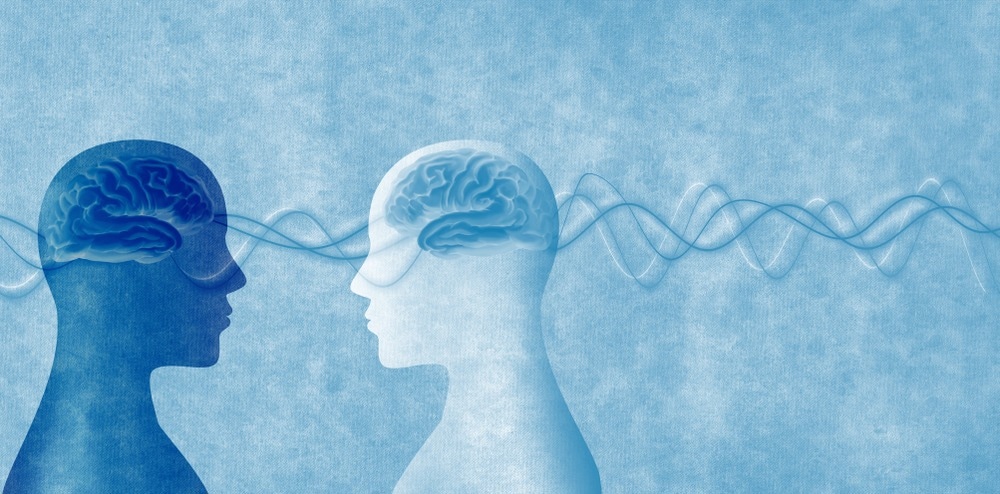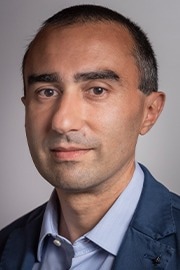 Interview conducted by Danielle Ellis, B.Sc.Dec 12 2023
Interview conducted by Danielle Ellis, B.Sc.Dec 12 2023In this interview, we speak to Umberto Olcese, an Associate Professor at the University of Amsterdam, to delve into the complex and fascinating world of consciousness from a neuroscientific perspective.
Please could you introduce yourself and give a brief overview of your research interests?
I am Umberto Olcese. I am an associate professor at the University of Amsterdam in the Netherlands. My main interest is to study the neuron-level mechanisms of perception. So, how the brain transforms sensory input that reaches its peripheral receptors into something that is perceived. I do this primarily at the level of single brain cells and networks of brain cells.
How would you define consciousness from a neuroscientific perspective?
Consciousness is fundamentally a subjective experience. It's challenging to quantify and measure. Typically, subjects are asked to report their experiences, but this method has its limitations. My approach tries to assess consciousness without necessitating a report, as reporting introduces additional, potentially confounding factors.
Historically, how have the definitions and understandings of consciousness evolved within the field of neuroscience?
The field has evolved considerably, especially since the early '90s, with the introduction of concepts like the 'hard' and 'easy' problems of consciousness. Now, there's a distinction between phenomenal consciousness, which is the subjective experience itself, and access consciousness, involving the mechanisms that allow us to process and report information. The challenge is that the term 'consciousness' is often used to describe different things.

Image Credit: metamorworks/Shutterstock.com
Can you briefly explain the primary methods and tools used in neuroscience to study consciousness?
It's a highly interdisciplinary field. For brain activity studies in humans, we use methods like electrographic techniques or functional magnetic resonance imaging. For cell-level studies, we use, for example, silicon probe recordings and two-photon calcium imaging. An important aspect is to perturb brain activity to understand the mechanistic link between neural activity and consciousness.
The study of consciousness has been historically challenging due to its abstract nature. How do international adversarial collaborations contribute to advancements in the field?
International adversarial collaborations have brought a paradigm shift. Theorists and experimentalists work together, agreeing on testable predictions. This setup has led to a deeper discussion about the theories and their predictions, fostering the emergence of new theories and approaches. Furthermore, this collaborative framework can help reduce confirmation bias, as all experiments and their interpretation are published beforehand.
Open science is emphasized as essential for progress in consciousness research. Could you elaborate on why this is the case?
Open science involves making experimental designs and predictions publicly available before the experiments start. This ensures that experiments are truly testing the predictions and not interpreting them post hoc. Publicly available data allows for verification and error detection, making the research more transparent and credible.
How has the interdisciplinary approach in the study of consciousness research changed the landscape of our current understanding?
The interdisciplinary approach is beginning to influence clinical studies by integrating theories and experimental results from consciousness research. This is helping us understand the involvement of different brain areas and mechanisms in consciousness and their application in fields like AI and other organisms.

Image Credit: melitas/Shutterstock.com
From a methodological perspective, what are the biggest challenges faced in the field of consciousness research, and how are they being addressed?
A major challenge is bridging the gap between cell-level mechanisms and consciousness. We lack methods to record and manipulate individual cell activity in human brains, which is crucial for understanding consciousness. We are working towards bridging this gap using a variety of techniques and computational models.
The study of consciousness has implications for various fields, including philosophy, psychology, and even artificial intelligence. How do you envision the future of consciousness research bridging these disciplines?
The future of consciousness research involves providing biomarkers of consciousness for various applications, including ethical decision-making in clinical settings. Understanding consciousness in different life stages, in AI, and other species are key areas that intertwine with ethical implications and require interdisciplinary collaboration.
With the advancements in the field of consciousness research, how do you think our understanding might shape clinical practices, particularly in the treatment of disorders related to consciousness?
Advances in consciousness research are leading to the development of indicators for consciousness. This is vital for improving diagnosis in clinical practices, especially in conditions where behavioral responses are impaired. Developing neurotechnologies for communication in conscious patients is also a significant area of progress.
Finally, what are the next steps for your individual research? What questions or challenges do you wish to tackle in the coming years?
I am looking forward to testing the predictions of various theories of consciousness. This approach, akin to that in physics, is about testing theoretical predictions experimentally. My focus is on studying brain patterns and architectures related to consciousness, requiring interdisciplinary collaboration and cross-species studies.
Where can readers find more information?
About Umberto Olcese
Dr. Umberto Olcese is an Associate Professor in the Swammerdam Institute for Life Sciences at the University of Amsterdam. His research focuses on studying the neuron-level mechanisms of perception, with a current focus on testing the predictions of some of the most debated theories of consciousness. This is achieved by combining and developing neurotechnological tools such as multi-area silicon probe recordings and optogenetics, which are coupled with behavioral assays and advanced analysis of neuronal activity. Recent studies have focused on the role of the visual cortex in processing non-visual information, and on the functional characterization of association cortices in the context of perceptual decision making.
His research focuses on studying the neuron-level mechanisms of perception, with a current focus on testing the predictions of some of the most debated theories of consciousness. This is achieved by combining and developing neurotechnological tools such as multi-area silicon probe recordings and optogenetics, which are coupled with behavioral assays and advanced analysis of neuronal activity. Recent studies have focused on the role of the visual cortex in processing non-visual information, and on the functional characterization of association cortices in the context of perceptual decision making.